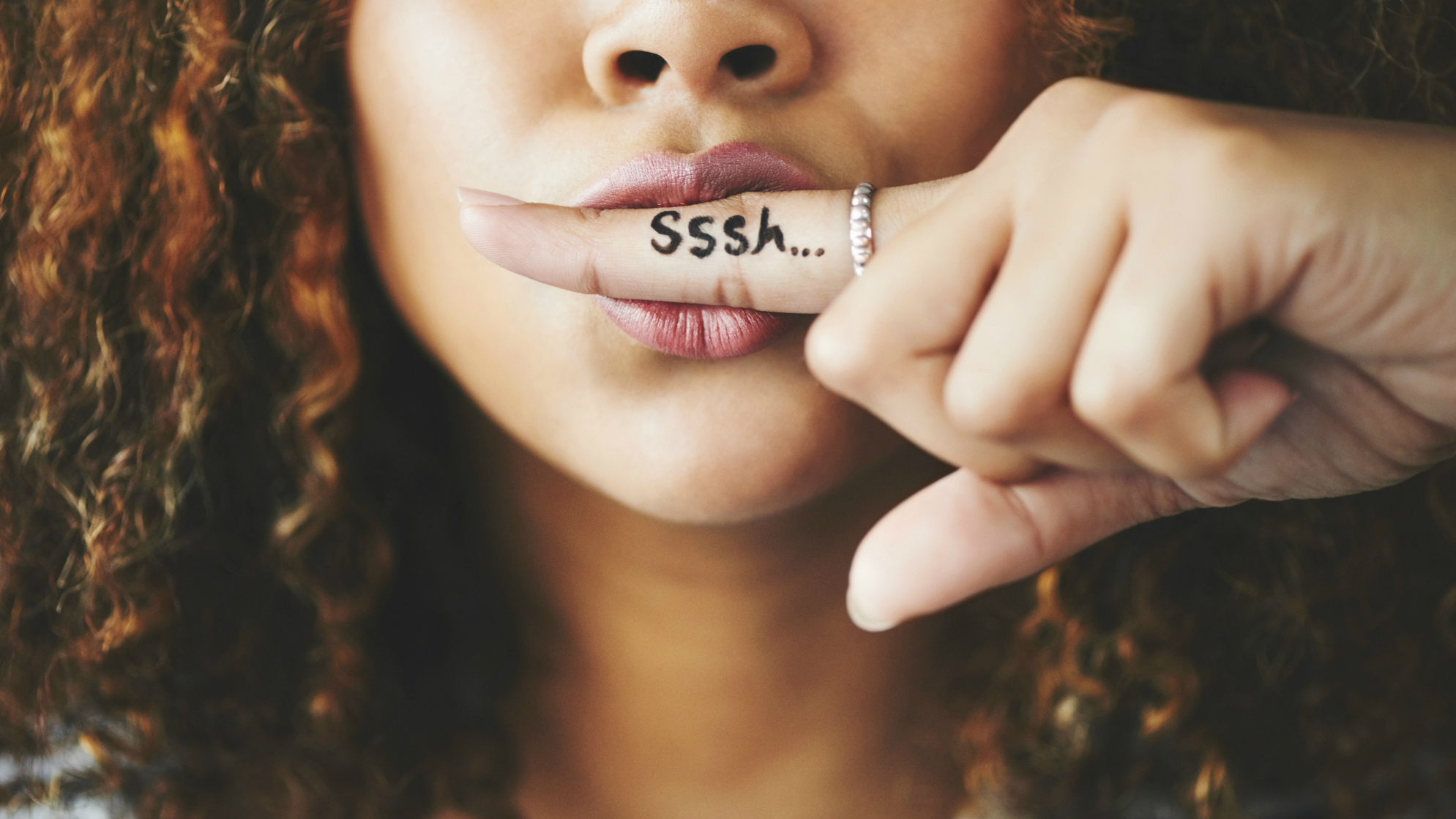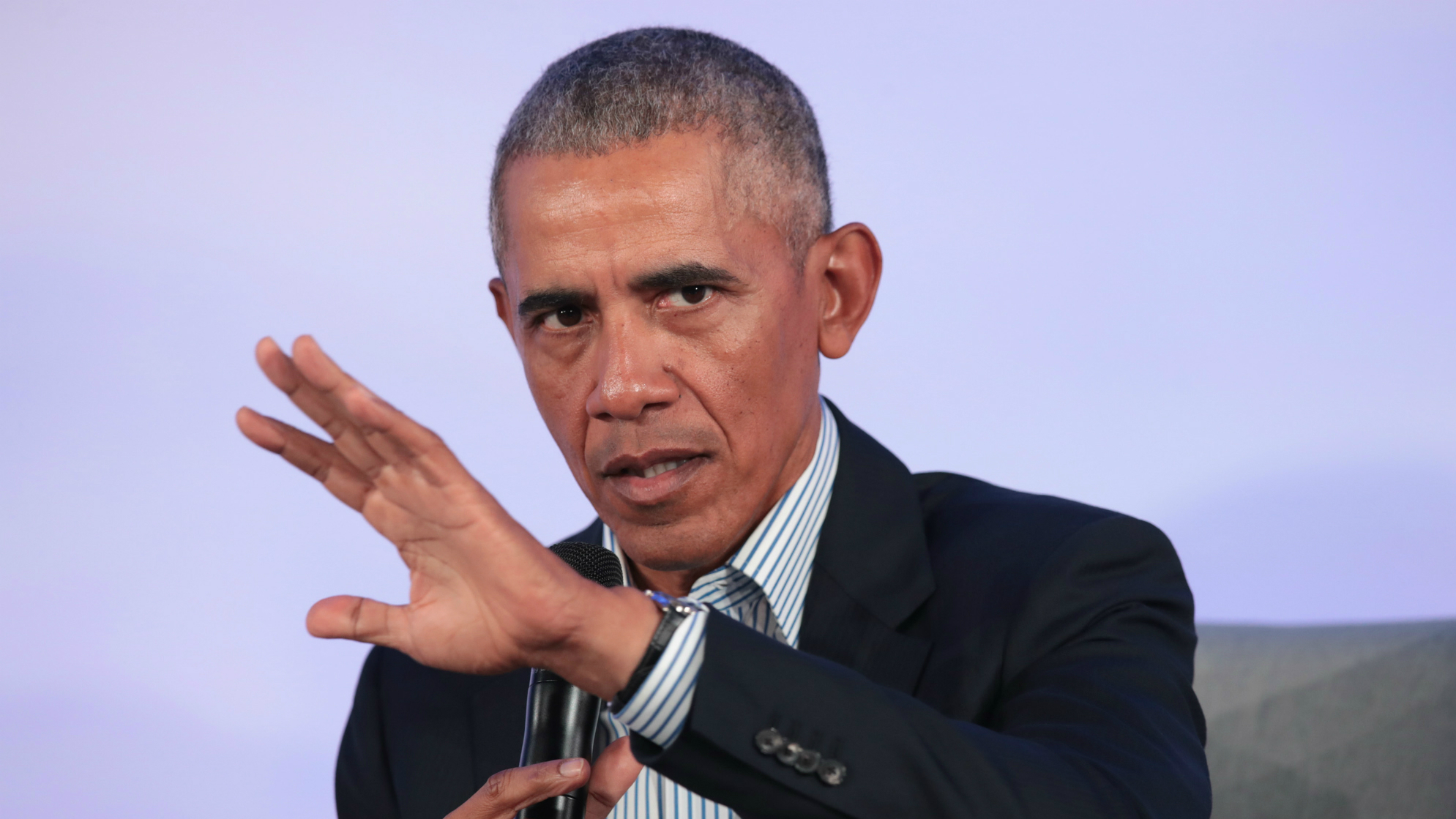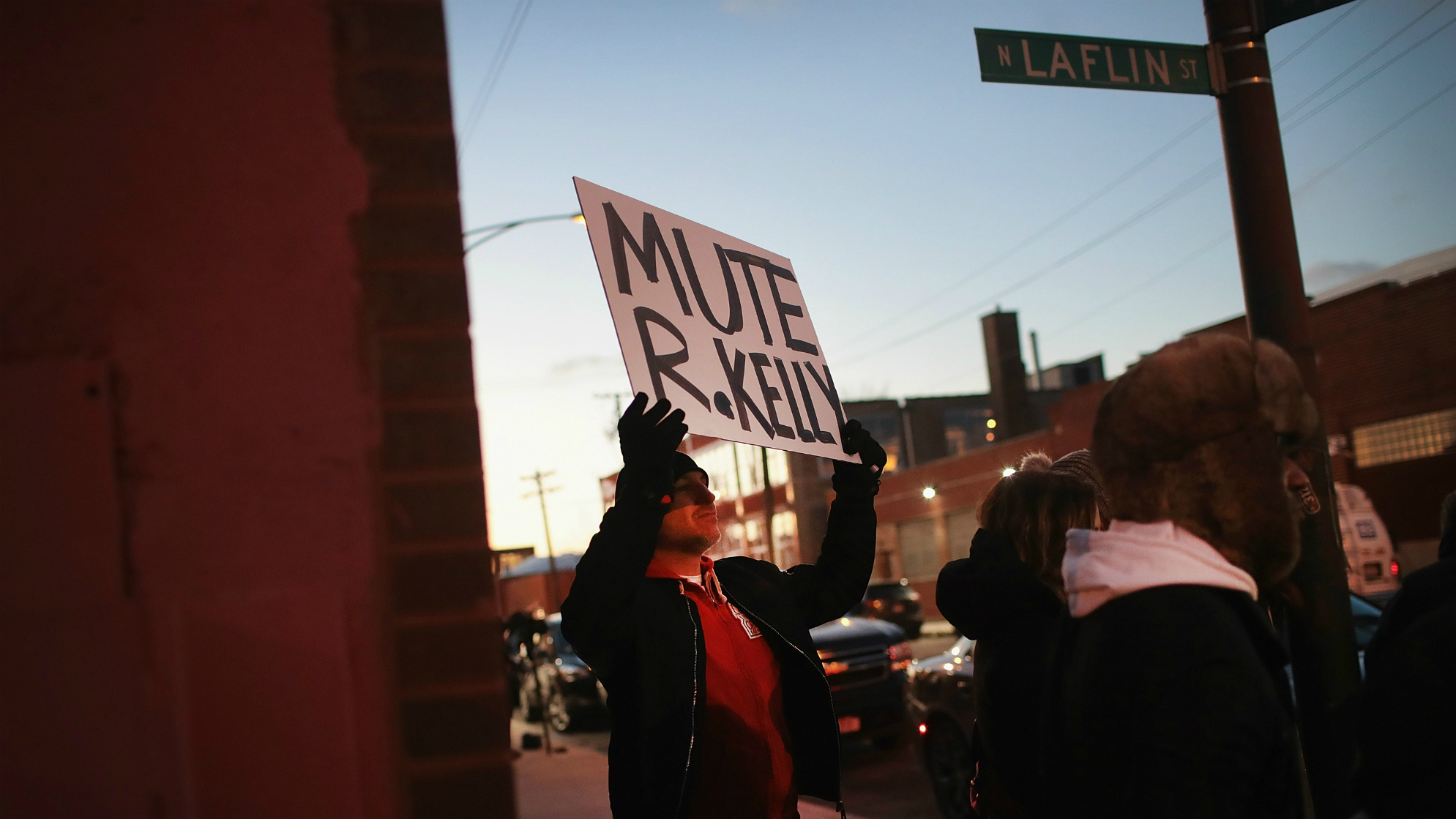Why cancel culture needs to be cancelled
Devoid of nuance Olivia Foster argues that cancel culture is a form of censorship and only conversation can lead to progressive change


Devoid of nuance Olivia Foster argues that cancel culture is a form of censorship and only conversation can lead to progressive change
If there was one phrase synonymous with social media in 2019 it was ‘cancel culture,’; call-out culture’s more stringent older sibling, cancel culture decrees that if someone’s views don’t concur with your own you can, you’ve guessed it, cancel them. It’s quick judgement, with no questions, more often than not delivered on someone with influence by swathes of angry people. But is it a healthy form of communication? Experts suggest not.
The irony of cancel culture is that while it’s enticing to engage in, it flies in the face of everything our generation are trying to achieve; it lacks nuance, patience, understanding and communication. It’s rooted in humiliating the offending party and in a privileged view that, ‘I know better than you.’
President Obama possibly said it best when he said, ‘This idea of purity and you’re never compromised and you’re always politically ‘woke’ and all that stuff. You should get over that quickly. The world is messy. There are ambiguities.’

Addressing the audience at an Obama Foundation he concluded, ‘That’s not activism. That’s not bringing about change. If all you’re doing is casting stones, you’re probably not going to get that far.’
Yet it continues. We've been overwhelmed with royalists keen to shut down anyone who dared to suggest the possibility that Meghan Markle’s struggles with her former royal life might have been justified. And during last December's election, battles between the right and left quickly became a race to the bottom, swathed in vitriol.
Of course, there are arguably some people who deserve to be cancelled; the Harvey Weinsteins and R Kellys of this world, those so toxic that no amount of measured conversation – not that they would engage in it – would make a difference. But for the people who get cancelled for tweeting a contentious joke, or a view which strays from the accepted norm, maybe it’s time to think about how we engage with them.
Celebrity news, beauty, fashion advice, and fascinating features, delivered straight to your inbox!

Dr Becky Spelman, psychologist at the Private Therapy Clinic explains, ‘Recent years have witnessed a growing trend towards “cancelling” people who say things that are considered offensive or inappropriate. The motivation behind this is easy to understand; it can feel absolutely infuriating to hear someone stating views that we find unacceptable, and feeling that we have the moral authority to tell them to shut up and sit down, or to ban them from public forums, can be very inviting.’
‘However,’ she continues, ‘This approach often causes far more problems than it solves. Today, we are seeing a sort of arms race in cancel culture, with many trying to cancel ever more people for saying progressively less offensive things, sometimes cancelling all dialogue in the process.’ As Dr Spelman explains, the act of shutting people down, actually has the opposite effect to the one potentially desired by the canceller. ‘Certainly, we need to have many conversations around a wide range of topics, but instantly reacting by trying to shut people down, and shut them up, whenever they disagree even slightly with a group consensus is a disproportionate reaction. Rather than changing anybody’s mind, when this happens, they are more likely to withdraw from conversation completely, to become increasingly entrenched in their views, and less willing to listen to a different point of view.’
Dr Spelman adds, ‘Cancel culture is also bad for the people doing the cancelling, because it encourages them to completely remove from their social environment all opinions that might diverge from their own, and limits them to an echo chamber of their own creation in which they are never challenged or given the opportunity to grow.’
So how do we move forward in 2020? Is it possible to cancel cancel culture in favour of meaningful conversations which could actually result in change? Dr Spelman suggests that it is possible – but it’s about opening up discussions and being willing to compromise. ‘Cultural progress is made when people with different, and even opposing, views can meet, talk, and reach compromise,’ she explained, ‘Cancel culture is often represented as progressive, but it is really the polar opposite; it is a form of censorship, which is a tool mastered by some of the most oppressive political regimes in history. At both the individual and the collective level, it may result in us becoming afraid of exploring our boundaries, in case we accidentally offend someone.’ So next time you’re tempted to shut them down, why not try asking them about their views instead. It might just lead to the progress we all desire.
Maria Coole is a contributing editor on Marie Claire.
Hello Marie Claire readers – you have reached your daily destination. I really hope you’re enjoying our reads and I'm very interested to know what you shared, liked and didn’t like (gah, it happens) by emailing me at: maria.coole@freelance.ti-media.com
But if you fancy finding out who you’re venting to then let me tell you I’m the one on the team that remembers the Spice Girls the first time round. I confidently predicted they’d be a one-hit wonder in the pages of Bliss magazine where I was deputy editor through the second half of the 90s. Having soundly killed any career ambitions in music journalism I’ve managed to keep myself in glow-boosting moisturisers and theatre tickets with a centuries-spanning career in journalism.
Yes, predating t’internet, when 'I’ll fax you' was grunted down a phone with a cord attached to it; when Glastonbury was still accessible by casually going under or over a flimsy fence; when gatecrashing a Foo Fighters aftershow party was easy-peasy-lemon-squeezy and tapping Dave Grohl on the shoulder was... oh sorry I like to ramble.
Originally born and bred in that there Welsh seaside town kindly given a new lease of life by Gavin & Stacey, I started out as a junior writer for the Girl Guides and eventually earned enough Brownie points to move on and have a blast as deputy editor of Bliss, New Woman and editor of People newspaper magazine. I was on the launch team of Look in 2007 - where I stuck around as deputy editor and acting editor for almost ten years - shaping a magazine and website at the forefront of body positivity, mental wellbeing and empowering features. More recently, I’ve been Closer executive editor, assistant editor at the Financial Times’s How To Spend It (yes thanks, no probs with that life skill) and now I’m making my inner fangirl’s dream come true by working on this agenda-setting brand, the one that inspired me to become a journalist when Marie Claire launched back in 1988.
I’m a theatre addict, lover of Marvel franchises, most hard cheeses, all types of trees, half-price Itsu, cats, Dr Who, cherry tomatoes, Curly-Wurly, cats, blueberries, cats, boiled eggs, cats, maxi dresses, cats, Adidas shelltops, cats and their kittens. I’ve never knowingly operated any household white goods and once served Ripples as a main course. And finally, always remember what the late great Nora Ephron said, ‘Everything is copy.’
